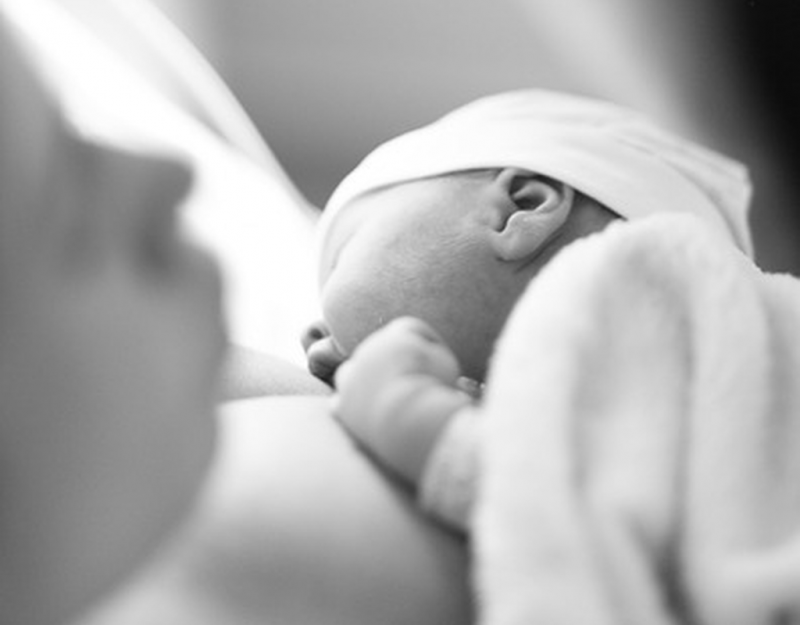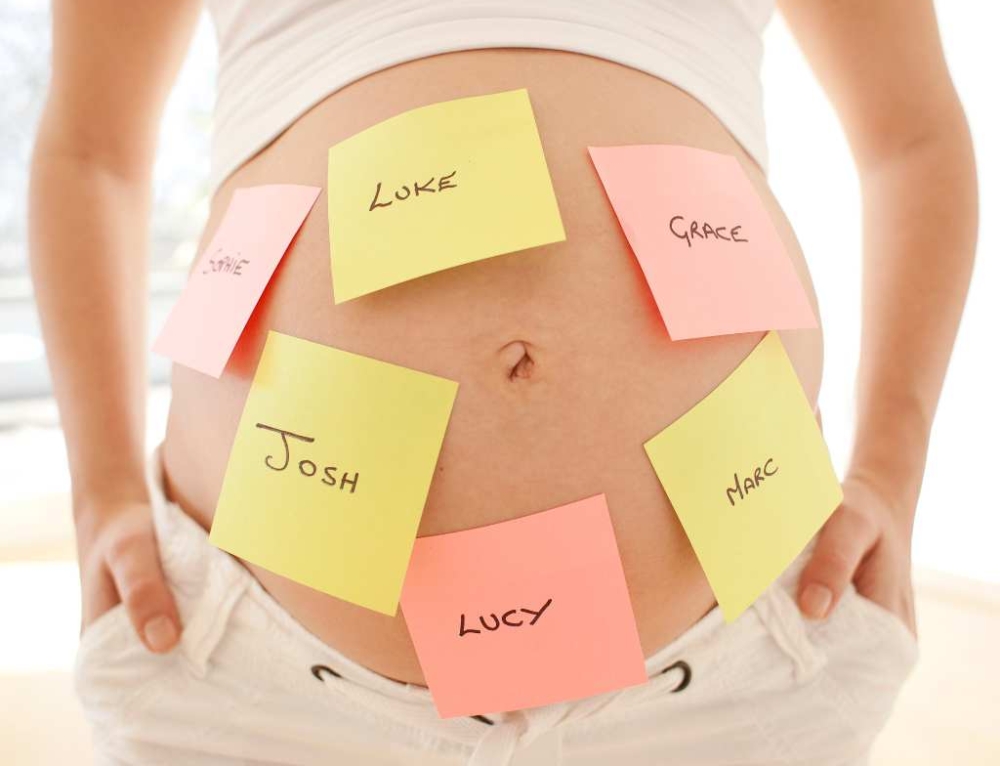If you’ve had that first post-delivery shower and caught sight of yourself in the hospital/birth centre mirror, chances are you’ve already had to deal with quite a shock at the sight of your belly looking like a puckered, deflated balloon. Hold on tight – there’s more to come!
Your breasts
In the hours immediately after the birth of your baby, your breasts will still feel soft but over the next 48-72 hours that will change. In the meantime, you can still feed your baby and the midwife will usually suggest you do this within an hour of the birth.
Your body will be producing colostrum – a thick, sometimes yellow-ish liquid that will be small in volume but big in nutrients. It’s packed with calories and protein for your baby and the 15ml or so that baby receives each feed is all s/he needs – for now.
Over the next few days, your breasts will become fuller and firmer and may feel warm to touch. Breastfeeding may be adding to your discomfort, as many women find it difficult – especially for the first time. Don’t be afraid to ask for help from the midwives if you have problems attaching your baby. They are there to help. Midwives can also arrange for you to see a lactation consultant if needed.
Your nipples may feel sore and cracked. Paracetamol may help. Try to be patient and persevere. Ask the midwife or lactation consultant to check the way you are attaching the baby and try to take their advice.
Your changing hormones (and the fact that you have strangers poking at your breasts) may make you prone to tears but the advice midwives offer is aimed at helping you – not to make you feel as though you have failed. You haven’t! You’re just learning and it’s all happening very quickly. Feeling overwhelmed is normal. If the feelings are hard to shake, talk to your midwife.
Your Baby
That little being you have waited so long for is finally here and very keen to meet you. Skin-to-skin contact is encouraged by midwives and is part of the important bonding between you and baby. Once your turn is done, encourage your partner to take over while you have a shower.
In the first few days outside the uterus, babies often need lots of cuddles and contact to settle. Don’t be alarmed if your baby is very sleepy for the first 24 hours – this is normal. Your baby should be having at least 6 feeds in a 24-hour period but be aware that some babies feed up to 10-12 times in this same period.
What is also perfectly normal is the sight of something thick, sticky and black/green in colour in your baby’s nappy. This is meconium – a substance found in your newborn’s intestines and released in their first few bowel movements.
Your baby will be keeping you awake at odd hours and there will, no doubt, be times when it feels impossible to settle them. They’re really not doing it to annoy you – be patient and remind yourself that it is all perfectly normal.
Your midwife may ask you to check your baby’s nappy and mark down how many wet or dirty nappies are being produced. This is to check that baby is feeding okay and is healthy and happy. Remember, if you are using disposable nappies, it may be hard to tell whether the nappy is wet as the nappy is designed to draw moisture away from the surface of the nappy and into the absorbent layers underneath. You may need to pull it apart to check properly, or else use cloth nappies.
Your body
Your belly hasn’t gone down as yet and the bad news is that it won’t happen overnight. In fact, your belly may never be the same again, although Hollywood fairytales – complete with round-the-clock personal trainers and nutritionists – would have us believe that it is possible. The reality is that returning your post-baby body to pre-baby tautness will take time, energy and care. Now is not the time to worry. Enjoy your baby and try to rest. Beyond a few pelvic floor exercises that can be done from the comfort of your bed, you don’t need to worry about toning up just yet.
Do be sure to watch what you put into your body, though. If you are breastfeeding, your body will need good nutrition – fruit, vegetables, meat, cereals and dairy foods – to stay in great condition and meet the demands of feeding your baby.
Expect a lot of blood loss in the first days and weeks post-birth. This is normal. Losing thick clots of blood within the first 24-48 hours is also normal, although if you have any concerns, don’t feel embarrassed to show your pad to the midwife so she can check.
You will also experience cramps as your uterus starts to contract. Some women describe these “after pains” as being similar to labour. If you feel too much discomfort, ask your midwife about your pain relief options.
Your mind
Emotionally, the reality of motherhood and how your life has changed may not hit you for a while. When it does, you may choose to embrace it, or stress. If you feel you are not coping, or just need someone to talk to, chat with close family or a trusted friend. If you think you need more help, talk with your doctor, midwife or maternal and child health worker for advice.
Remember
Experiencing fluctuating emotions is normal in the first few days after birth. Not only are you experiencing lack of sleep – you are also dealing with changing hormones and the newness of motherhood. It is natural to have periods where you feel overwhelmed by it all. If the feelings persist or dominate – seek support.
Try to stay positive. Having a baby is a wonderful thing – and the journey is only beginning.
This article was written by Claire Halliday for Kidspot NZ.







Leave A Comment
You must be logged in to post a comment.